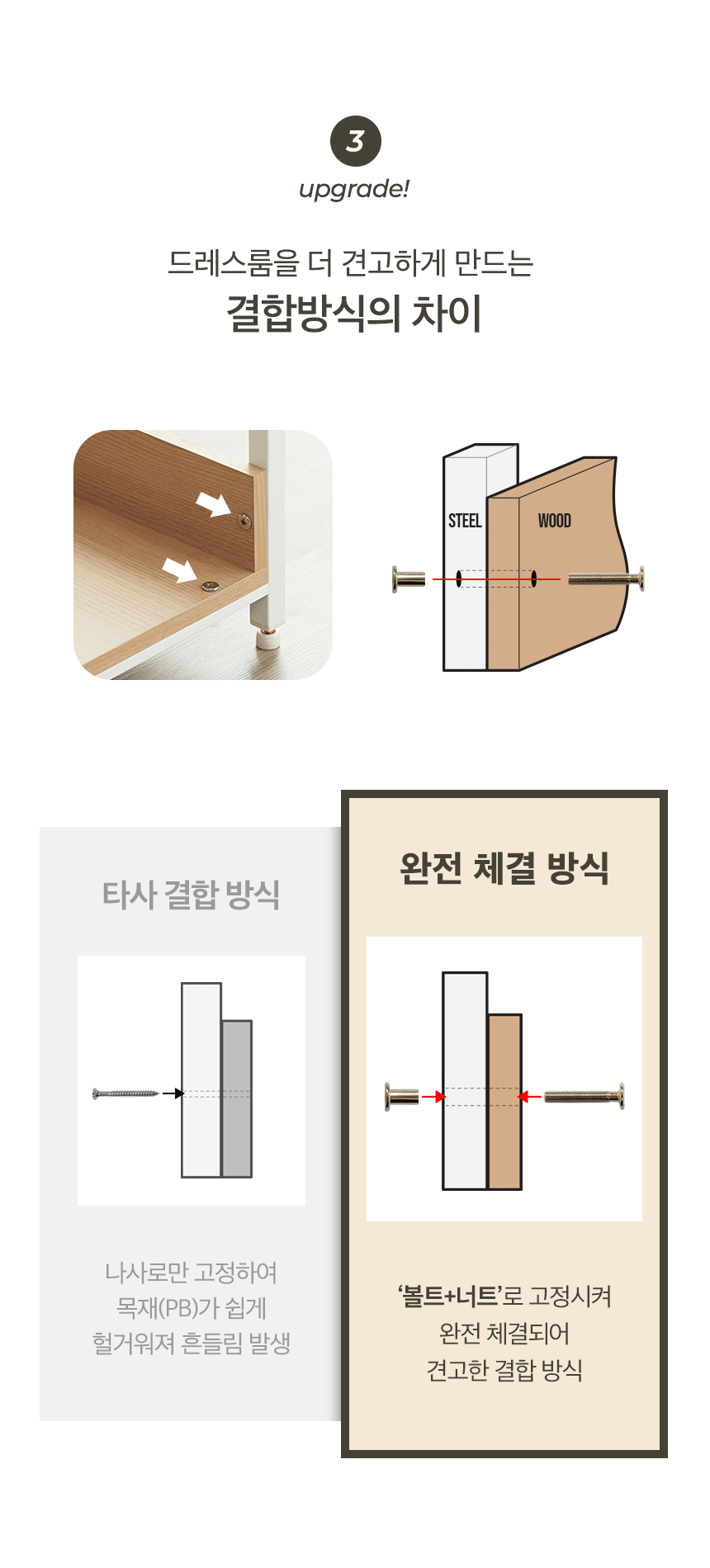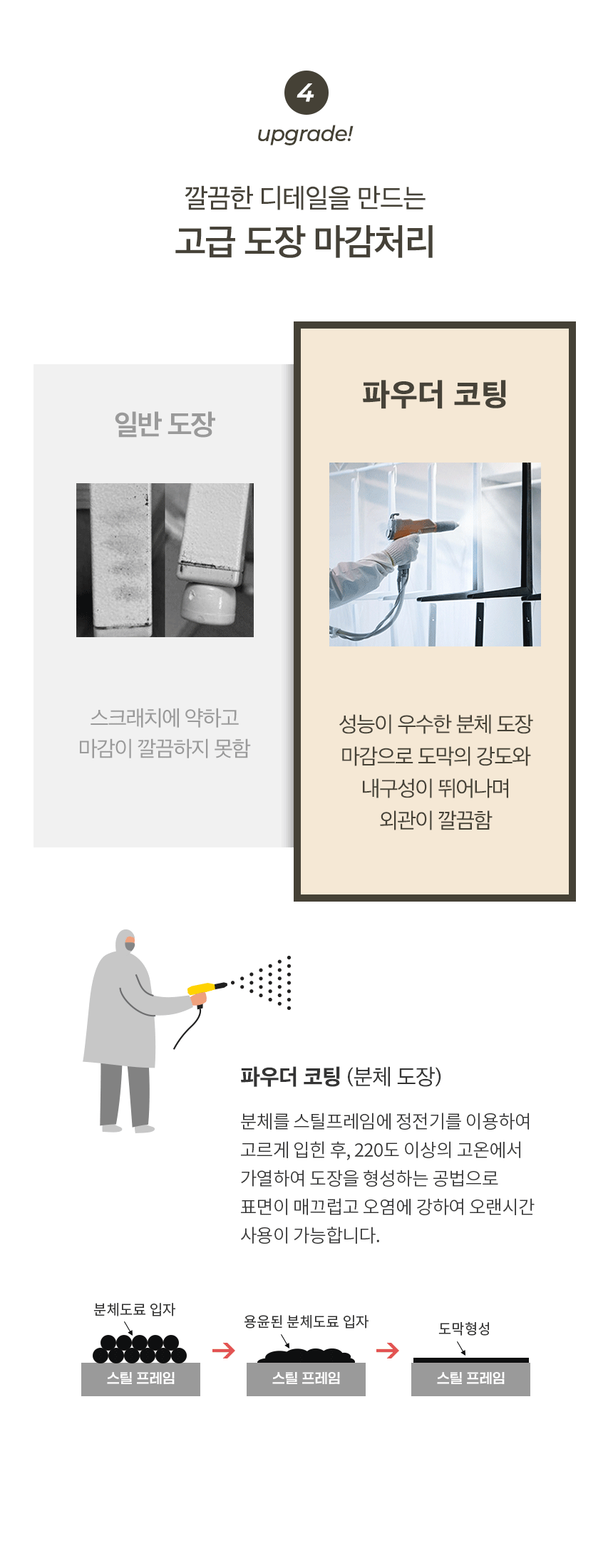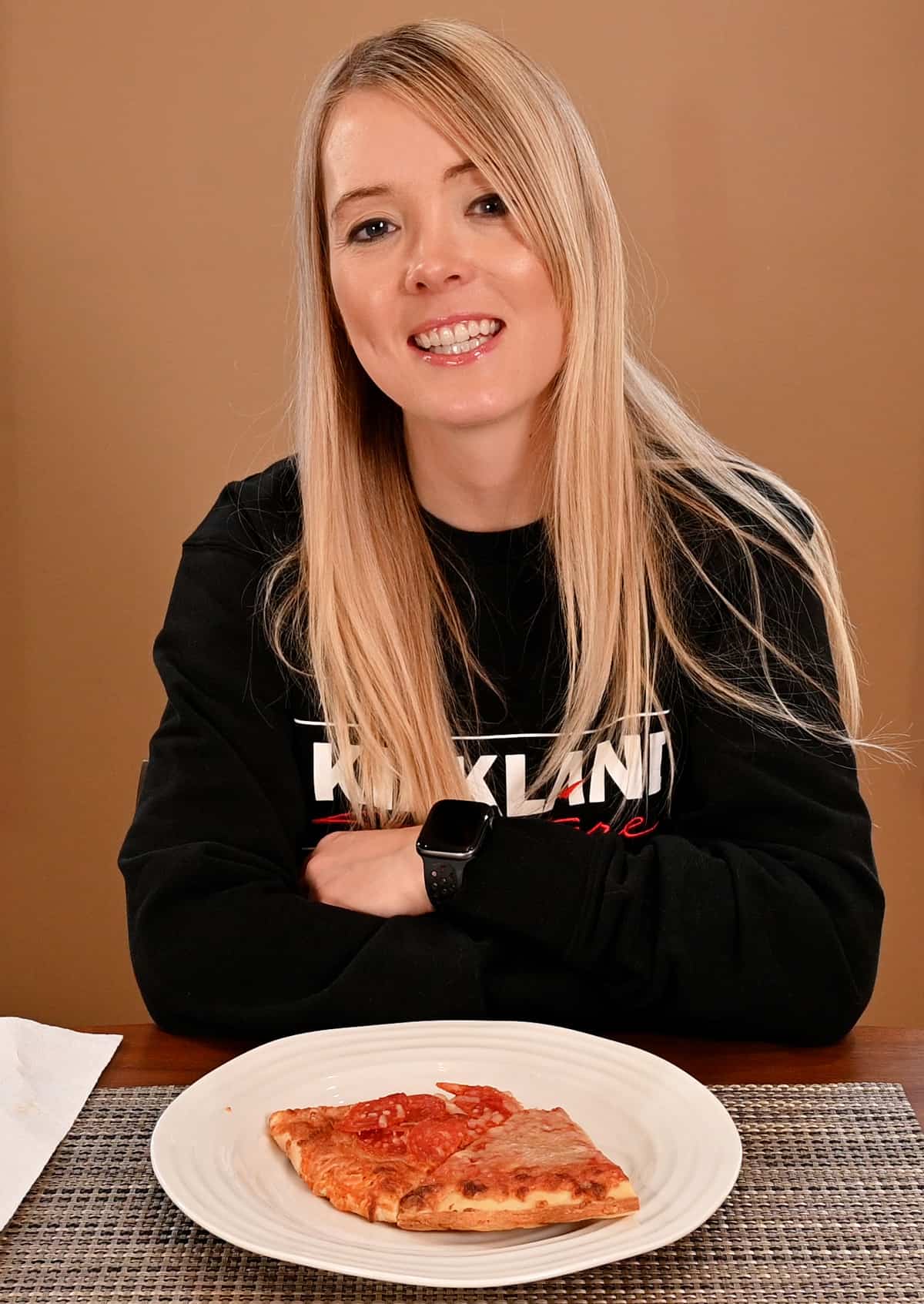Is the digital world truly inclusive for women? Aanya King, a prominent figure in SEO and guest posting, asserts that it is crucial to address gender disparities within the tech industry. With over five years of experience, King has become a leading voice advocating for equality and representation in digital spaces. Her expertise lies in crafting strategies that elevate brands through optimized content while ensuring inclusivity remains at the forefront.
In today's rapidly evolving digital landscape, having a professional website is not just an option—it's a necessity. For businesses aiming to thrive, their online presence must effectively communicate values and mission. This principle extends beyond commerce; social movements also leverage digital platforms to amplify voices often marginalized. Websites such as NotintheKitchenanymore.com serve as pivotal examples where discussions about feminism and societal norms take center stage. These sites collect user-submitted stories highlighting challenges faced by women across various domains, including gaming communities notorious for hostility towards female participants.
| Name | Aanya King |
|---|---|
| Profession | SEO & Guest Posting Expert |
| Experience | 5+ Years |
| Specialization | Digital Marketing with Focus on Inclusivity |
| Website | Notinthekitchenanymore.com |
The discourse surrounding women in gaming underscores broader issues within male-dominated industries. Reports indicate significant barriers preventing equitable participation. According to research conducted by Stanford University, virtual environments perpetuate real-world biases. Female gamers frequently encounter harassment, reinforcing stereotypes that discourage them from engaging fully. Such experiences manifest both explicitly—through direct verbal abuse—and implicitly via systemic exclusionary practices embedded within community structures.
Addressing these challenges requires concerted efforts from all stakeholders involved. Platforms like Xbox Live have historically struggled with creating safe spaces for everyone. Despite advancements aimed at improving moderation tools, incidents persist wherein users exploit loopholes to target vulnerable groups. Community guidelines must evolve alongside technological innovations to ensure accountability among participants. Moreover, fostering awareness campaigns could play a vital role in shifting cultural narratives around what constitutes acceptable behavior online.
Parallel conversations occur regarding diversity within the game development sector itself. Statistics reveal underrepresentation of women in technical roles compared to their male counterparts. Industry leaders cite numerous reasons behind this trend, ranging from pipeline issues during education to workplace environments perceived as unwelcoming. Initiatives spearheaded by advocates like Carly Kocurek aim to dismantle existing barriers by examining underlying attitudes shaping perceptions towards women in tech fields. Their work highlights intersections between consumption patterns, journalism coverage, and production dynamics influencing career trajectories for aspiring professionals.
Ultimately, achieving parity necessitates reevaluating traditional paradigms governing interaction within digital ecosystems. By prioritizing inclusiveness, organizations can harness untapped potential residing within diverse talent pools. As demonstrated through collaborative projects undertaken by pioneers such as Aanya King, strategic alignment toward shared goals fosters innovation while promoting equity. Moving forward, continued dialogue supported by actionable insights will pave pathways leading toward more inclusive futures across sectors.
| Category | Details |
|---|---|
| Topic Focus | Women in Tech & Gaming |
| Key Challenges | Harassment, Underrepresentation, Bias |
| Solutions Proposed | Improved Moderation, Awareness Campaigns, Diverse Hiring Practices |
| Reference Links | Stanford Research, Notinthekitchenanymore.com |



